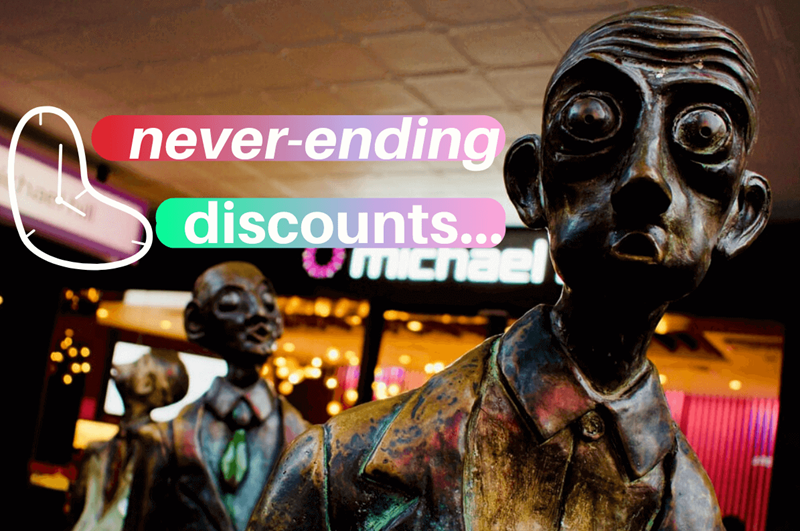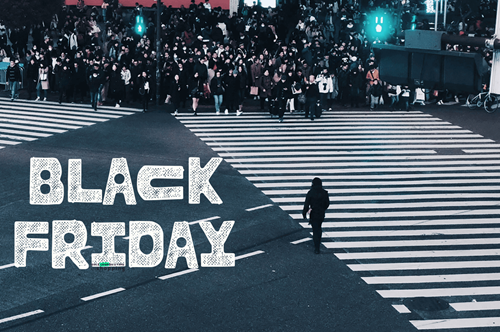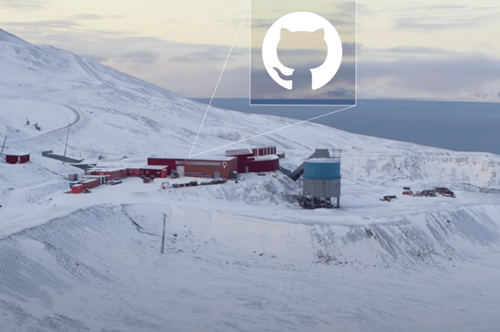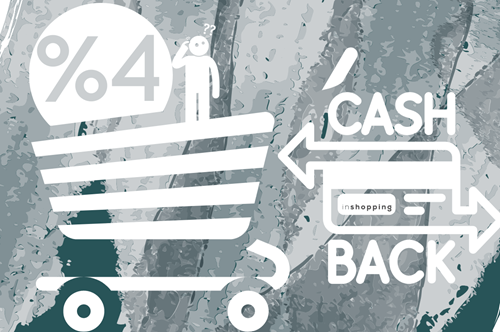
When we see that a deal is on offer online for a certain period of time, our decision-making process changes drastically. The way we assess the information about the product or the way we evaluate our needs and expectations as a customer are affected, too. For instance, various experiments conducted on this subject suggest that customers are more likely to feel like they need a product if the deal is on offer for a limited period of time, so they are more likely to make a purchase. In other words, what is tempting about online deals is not limited to the fact that there is a price advantage. As consumers, we have a much more complex relationship with time. But how does time pressure affect our decisions as customers?
Time-Limited Offers and Anticipating Regret
When you spot a time-limited offer on an online shopping platform, we instantly fasten our decision-making process. We feel like we have to make a quick decision. However, this is not the only effect of time-limited offers. According to scientists K.K. Inman and L. McAlister, time-limited offers and promotions can be explained through “regret theory”. So, when a customer spots a time-limited deal, we start anticipating regret for the future because we feel like we are going to regret not purchasing the product on offer when the offer is no longer available, which leads us to be more likely to make the purchase in order not to experience regret. The closer the expiration time, the more we anticipate regret for the future, which means we are more likely to get the deal. This theory also explains why millions of consumers are looking forward to Black Friday every year. We start getting bombarded with Black Friday ads months before, which fuels to anticipation of regret for the future.
To read more on this theory:
(Inman, J. J. and McAlister, L. (1994), "Do coupon expiration dates affect consumer behavior?", Journal of Marketing Research, 31, 423-429.)
Fear of Loss and Prospect Theory
Another approach to this issue is based on something called the “prospect theory”. According to this theory, we go through several stages when we spot a time-limited offer. We initially regard the time-limited offer as a potential gain. So, our interest in the deal is immediately heightened. However, as we continue looking at the deal and reading the details with time, we realize that our chances of missing this deal increase every minute. So, this time we start regarding the deal not as a potential gain, but as a potential loss or a missed opportunity, which fuels our impulse to buy the product.
Both the regret theory and the prospect theory have one thing in common: customers’ decision-making process changes in such a way that they feel obliged to make a quick decision based on their future expectations or views on the time-limited offer. So, the customers are deemed more likely to make the purchase because they are afraid of feeling remorse for not getting the deal once the deal is no longer available. This fear shortens a customer’s decision-making process, which, under normal circumstances, is a time allocated for research and contemplation about the product.
Time Pressure Changes the Way We Evaluate A Product
If we have a limited period of time to get a deal, we evaluate the product in a completely different way. For instance, if we have time to think things through, in other words, if there the expiration time is not as close, we go through all the written information provided about the product, which in return affects our final decision. If the expiration time is closer and we have a very limited period of time to make a decision, then we rely more on visuals and we are more likely to ignore the written information on the product page. So, time pressure completely changes the type of information we focus on as customers.
In order to get the best out of time-limited offers online, it is crucial to know how they affect our decision-making processes. Becoming aware of the effects of time pressure on consumers helps us behave more cautiously when we are assessing a time-limited online deal, which prevents buyer’s remorse.































REVİEWS - 1 reviews